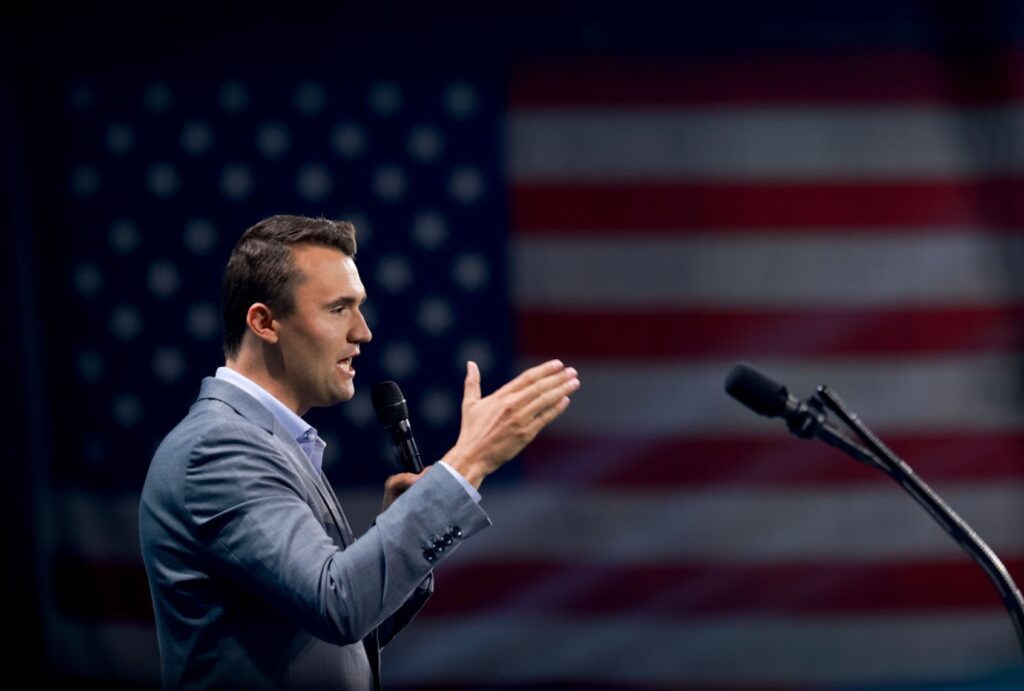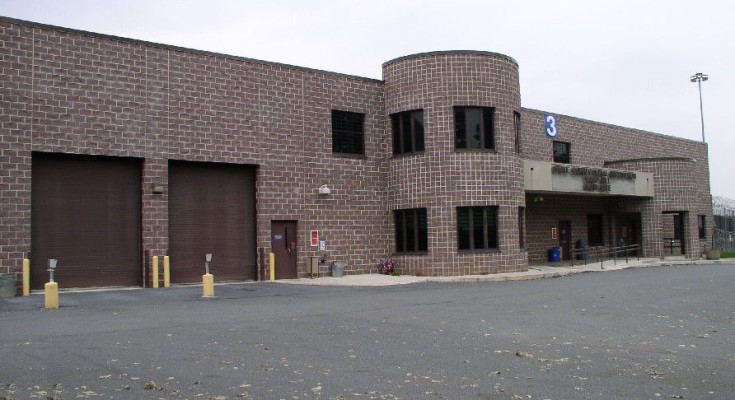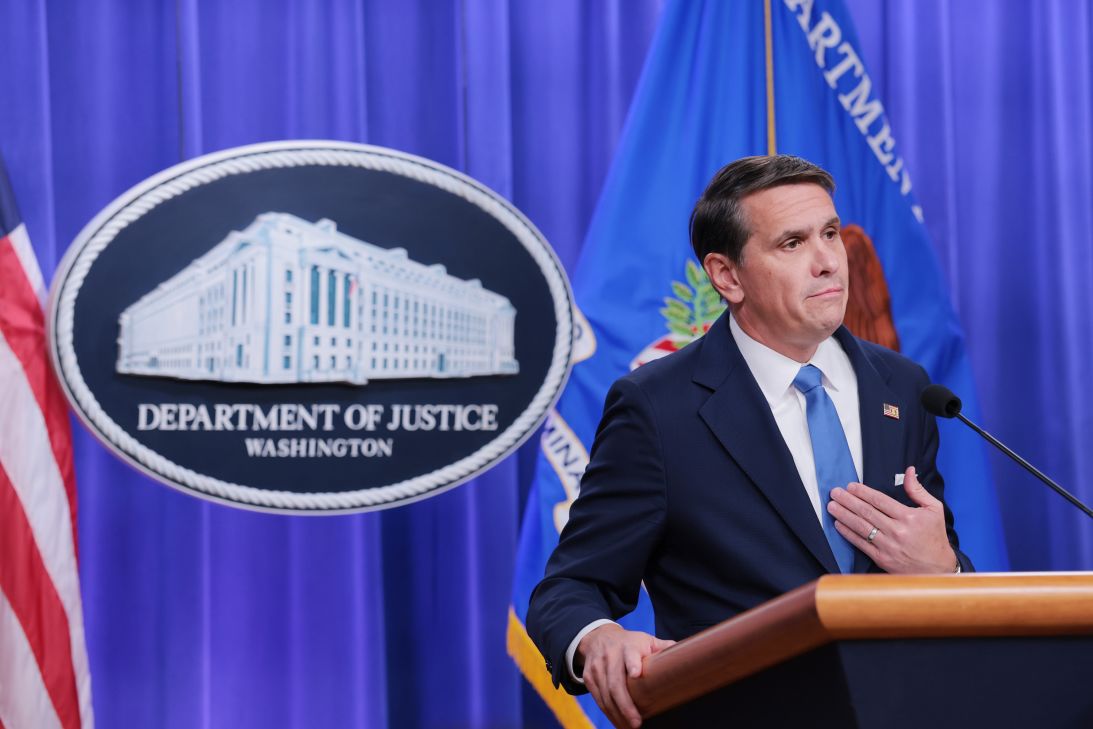
WEST PALM BEACH, FLORIDA—JULY 26: Charlie Kirk, who founded Turning Point USA, speaks before former President Donald Trump's arrival during a Turning Point USA Believers Summit conference at the Palm Beach Convention Center on July 26, 2024 in West Palm Beach, Florida. Trump had earlier in the day met with Israeli Prime Minister Benjamin Netanyahu at Mar-a-Lago. (Photo by Joe Raedle/Getty Images)
The shooting death of prominent conservative activist Charlie Kirk on September 10, 2025, has intensified discussions about political violence in the United States. Kirk was killed during an event at Utah Valley University, marking a troubling moment that underscores an alarming trend of increasing threats against public figures and politicians across the nation.
In an interview with Alfonso Serrano, politics editor at The Conversation, Arie Perliger, a scholar at the University of Massachusetts Lowell specializing in political violence, expressed concern that Kirk’s assassination could embolden further acts of political aggression. Perliger emphasized the unusual nature of this attack, noting that it targeted a figure outside of traditional political officeholders.
“Rarely have we seen political assassinations aimed at the nonprofit political landscape,” Perliger stated. He indicated that political violence often occurs in waves, suggesting that Kirk’s death might inspire similar actions among extremists. “Political assassinations create a process of escalation that encourages others on the extreme political spectrum to feel the need to retaliate,” he added.
Recent trends reflect a significant rise in threats directed at politicians at both local and federal levels. In 2024, there were two assassination attempts on former President Donald Trump, and earlier in 2025, the residence of Pennsylvania Governor Josh Shapiro was firebombed. Additionally, the killing of Minnesota state lawmaker Melissa Hortman and her husband underscores the growing risk faced by public officials.
The current climate is marked by a troubling increase in support for political violence, with surveys indicating that nearly a quarter of the population views such actions as legitimate. Perliger noted that the political discourse has deteriorated, leading to a decline in bipartisan efforts. The lack of constructive dialogue has fostered an environment where opposing political views are often demonized.
“We’ve had political polarization in the U.S. in the past,” he remarked, “but this time there is no specific issue that can bridge the divides. There’s no space for convergence from both sides.”
The location of Kirk’s assassination adds another layer of complexity to the discussion. College campuses, traditionally seen as forums for open debate, have recently become flashpoints for violence. Perliger lamented that these spaces, once symbols of intellectual exploration, have devolved into battlegrounds for hostile activism.
In response to Kirk’s death, Trump attributed the violence to the media and the so-called “radical left,” claiming that inflammatory rhetoric contributes to domestic terrorism. Perliger pointed out that while language can influence behavior, the former president himself has been known to condone political violence in specific contexts.
“Political leaders should be responsible for how they discuss political issues,” Perliger stated. “It’s essential that they convey the importance of constructive political discourse. Yet, we also need to acknowledge that the government can sometimes send signals that legitimize violence.”
To reverse this trend of political violence, Perliger advocates for collaboration among political leaders. “There are many policy areas where they can work together,” he said, emphasizing that showing the public that cooperation is possible sends a vital message. He also suggested reevaluating aspects of the political process to promote healthy competition of ideas.
Reflecting on the current online climate, Perliger noted that extremist groups are finding validation in Kirk’s assassination, with calls for retaliation surfacing on various platforms. “Emotions are running high, and I’m very worried about what may happen in the next few weeks,” he concluded.
As the nation grapples with the implications of this tragic event, the call for a return to civil discourse and bipartisan collaboration becomes more urgent than ever. The ramifications of Kirk’s killing reach beyond a single incident, potentially setting a precedent that could further destabilize the already volatile political landscape in the United States.






